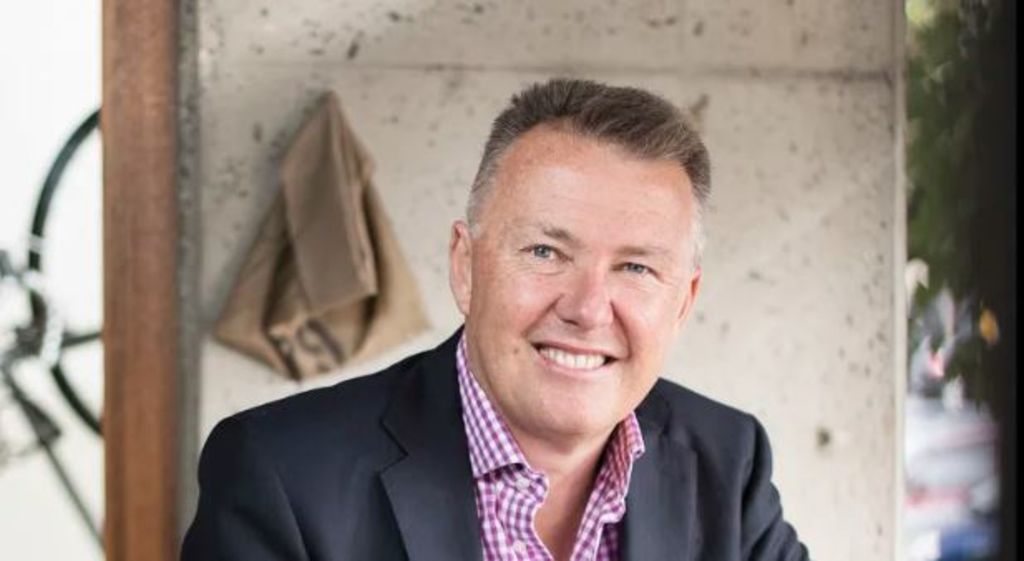
Lifestyle Communities secures $225m funding
Lifestyle Communities has secured $225 million in new, longer-term, debt facilities with Commonwealth Bank of Australia, National Australia Bank and HSBC Bank Australia to repay existing debt obligations and fund the acquisition of new development sites.
The developer of affordable accommodation for downsizing baby boomers said on Thursday it would initially draw down $120 million to repay its existing Westpac three-year debt facility and fund the settlement of sites it has contracted to buy at Kaduna Park in Melbourne’s southeastern growth corridor and Wollert in the city’s far northern suburbs.
The new debt facilities, which comprise a $60 million tranche with a maturity of three years and a $165 million tranche with a maturity of five years, reflect the company’s maturity into one that can borrow against its annuity income from the rents paid by its growing pool of residents, rather than against the value of its property portfolio, managing director James Kelly said.
“It’s shifted from being more property based, into a more income-based loan, which [means] more competitive rates,” Mr Kelly told The Australian Financial Review.
Over time, the company would seek to extend funding terms to seven and ten years, possibly by tapping super funds, he said.
Lifestyle Communities is also accelerating its pace of development. The company that does not make development profits, but relies on rental income to fund new projects has doubled the projected pace of development from one new community a year to acquiring “at least” two new sites every 12 months.
In contrast to inner-suburban Melbourne, where second- and third-home buyers were struggling to get finance and prices were falling, house prices in the outer suburbs remained strong as first-home buyers purchased the family homes of Lifestyle Communities’ ageing clients, he said.
At the same time, new land sales in the outer suburbs were slowing and some land owners, particularly speculators, were being forced to sell.
“It’s a bit of perfect storm,” he said.
“We’ve got baby boomers engaging and downsizing, we’ve got a slowing land market – not a property market – that is providing opportunities and we’ve got the first home buyers…who are buying our customers’ established homes with not much of a discount.”
Last month the company said net profit jumped 21 per cent over the six months to December as settlements rose and rental income also picked up. At the end of December, Lifestyle Communities had settled 2133 homes with 3118 homeowners living in its 17 communities throughout Victoria.
But the company also needs to stake out ground at a time when other, better-funded developers are also moving into the lucrative market of downsizing baby boomers.
Last month, Stockland, the country’s biggest listed developer, said it was piloting seven sites to test out the so-called land lease market, in which a landowner sells accommodation and also receives rental payments on the land.
“Rather than compete with them, we’ll join them,” Stockland chief executive Mark Steinert said.
Mr Kelly welcomed the competition.
“It will be great to have Stockland on board and to bring some new strong operators into Victoria,” he said.
“Our biggest competitor is the 93 per cent of baby boomers who don’t downsize into land lease or retirement communities so we really welcome anyone who can help with marketing to convince this group to think about downsizing.”











